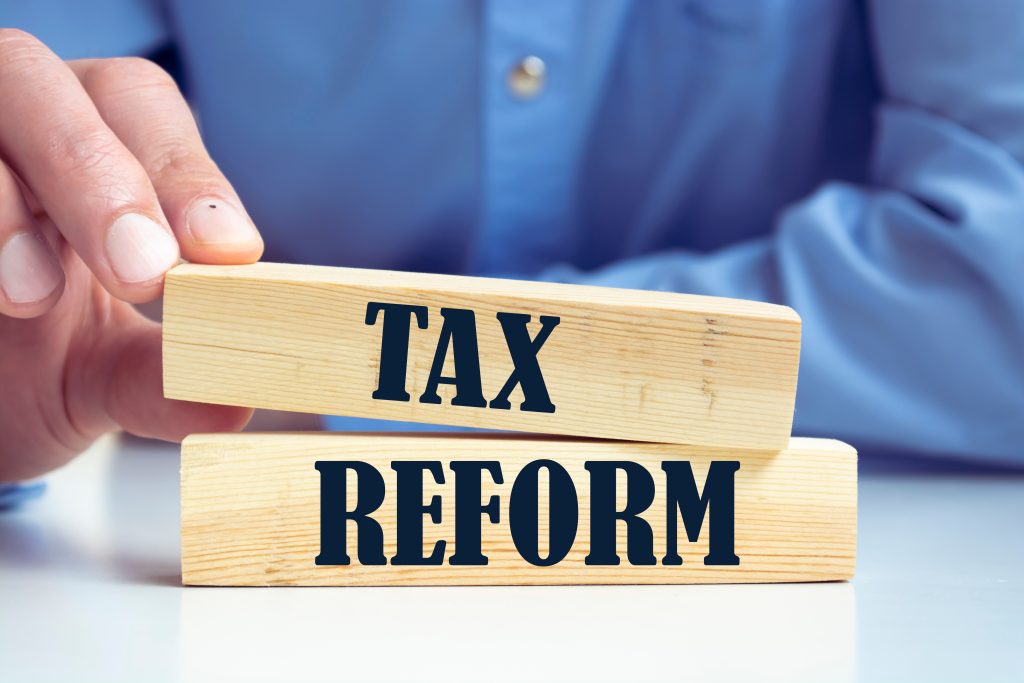As Kansas gears up for a special legislative session in two weeks, the state stands at a pivotal point. Governor Laura Kelly’s call to reconvene the legislature after vetoing three key tax relief bills this year, let alone what she vetoed previously, indicates the struggle to pass pro-growth policies. For Kansas to thrive, it must pursue significant income tax reductions complemented by responsible budgeting.
Despite an appealing low unemployment rate of 2.8%, a deeper look at Kansas’ labor statistics reveals significant challenges. The labor force participation rate, the share of residents either working or actively looking for work, has dropped to a historic low of 66.1% since 1977, and the workforce has been flat since 2008. This stagnation points to a need for reform policies that do more than temporarily boost employment numbers—they must encourage sustainable work and investment.
Current tax relief discussions, including proposals to eliminate the state’s 2% sales tax on groceries, reduce the current 20 mill state property tax levy for K12 education, and end the state income tax on Social Security benefits, though politically attractive, do not provide the necessary economic improvements as cutting personal income taxes:
- Eliminating the sales tax on groceries would slightly increase household disposable income but wouldn’t promote the investment or labor participation that drives durable economic growth like cutting income taxes. It also just shifts, rather than reduces, the overall tax burden to fund government spending and raises the tax burden on lower-income earners with a higher sales tax rate on everything else.
- Reducing property taxes helps relieve property owners of this costly burden from a tax on unrealized capital gains that keeps people from owning their homes as they always rent from the government by being forced to pay property taxes. This can also help renters but the benefits of reducing property taxes don’t have the same benefits to renters or property owners as cutting personal income taxes for everyone.
- Removing the income tax on Social Security helps retirees but it doesn’t address the core economic activities that fuel job creation and investment needed for a younger and future-ready Kansas, like cutting personal income tax rates.
In contrast, flattening and cutting income taxes would dramatically improve Kansas’s economic environment. As noted in a recent report by The Buckeye Institute for KPI, this sort of pro-growth tax policy in Kansas would make the state more attractive to entrepreneurs and skilled workers, fostering an ecosystem ripe for innovation and investment that increases economic growth and job creation across sectors, contributing to a wider tax base and more tax collections.
Kansas must also embrace responsible budgeting for these tax cuts to be sustainable. The state should learn from the lesson of excessive spending during the last decade’s troubles, which led to deficits and foolish tax hikes. This can be achieved by spending on only limited roles outlined in the state’s constitution, providing opportunities for strategic budget cuts and growth of no more than the rate of population growth plus inflation. This balanced approach helps ensure fiscal sustainability without compromising essential services.
The upcoming special session is a golden opportunity to initiate significant economic reforms. By adopting bold income tax cuts and responsible budgeting, Kansas can set a prosperity cycle that benefits all residents. This approach goes beyond temporary fixes to establish a solid foundation for future economic stability and growth, which can’t be achieved with the other proposals.
Now is the time to implement visionary reforms that position Kansas as a smart, growth-oriented fiscal policy leader. This special session is ideal for Kansas to boldly step into a future marked by robust economic health and lasting prosperity. By seizing this moment to enact significant tax cuts and set the table for disciplined spending, Kansas can ensure its competitiveness and prosperity for generations. Let this session be remembered when Kansas took bold steps to secure its economic future, setting a precedent for fiscal responsibility and proactive economic strategies that lead to a flourishing state.





